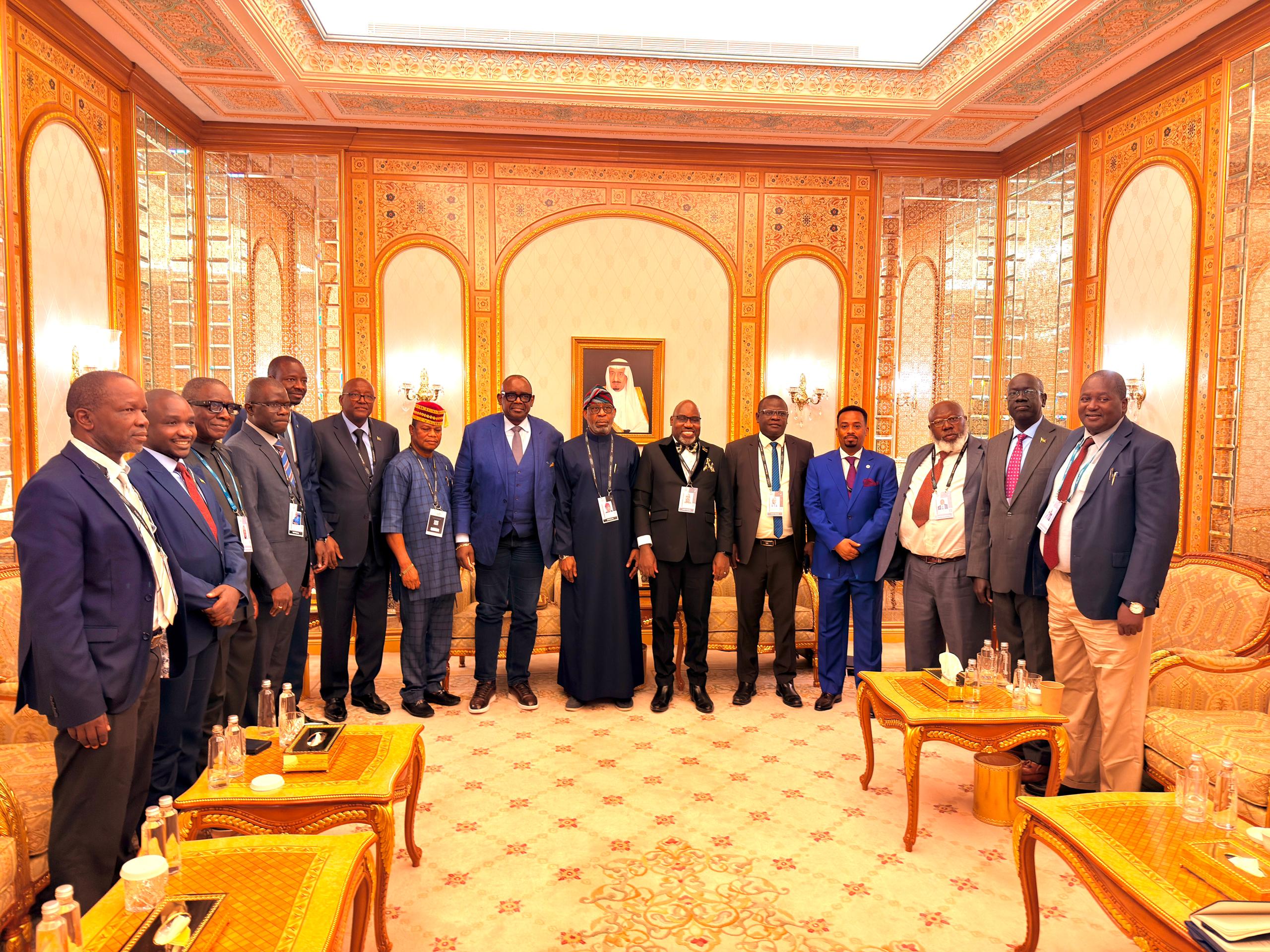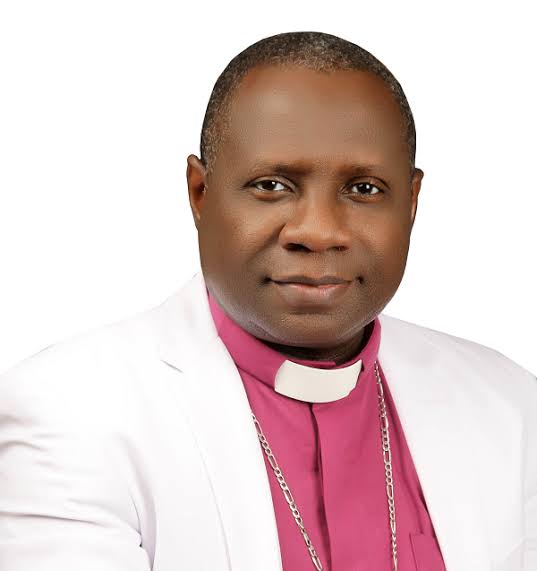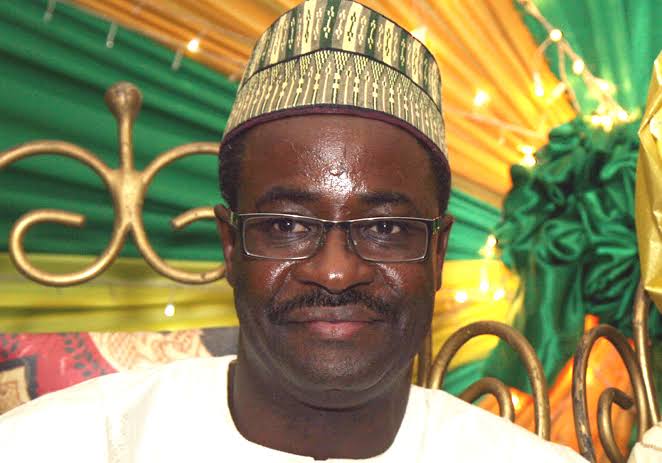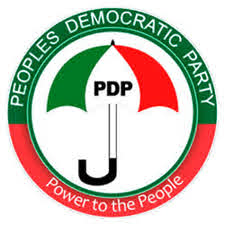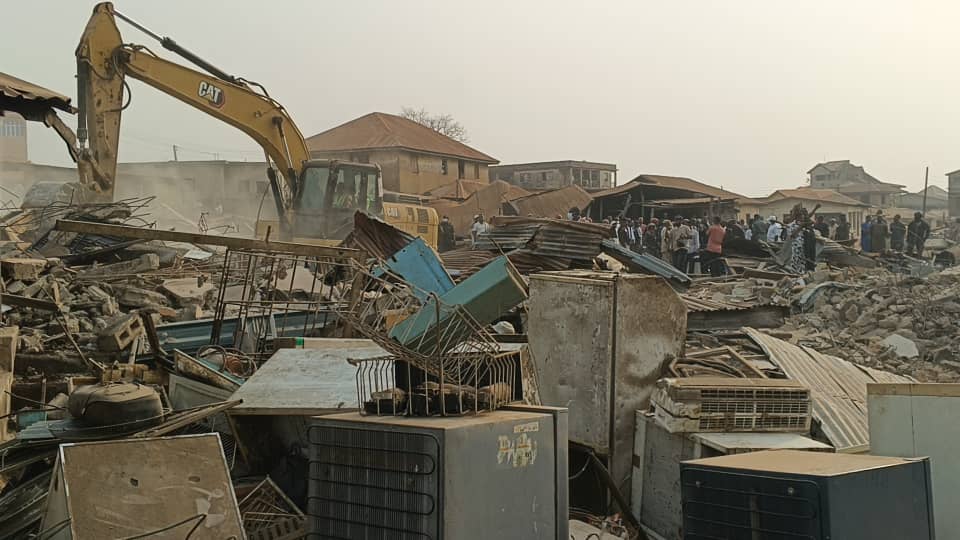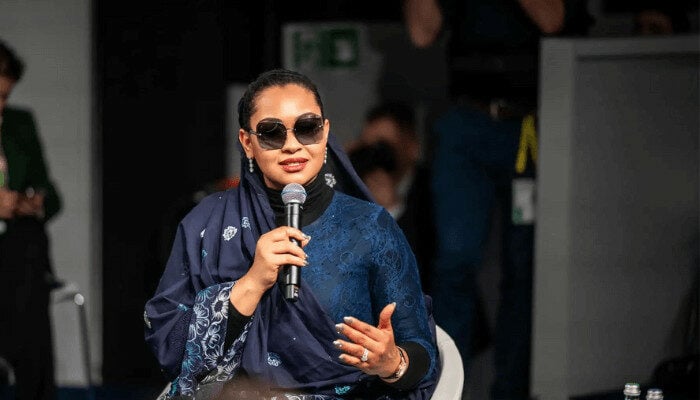The Ministry of Solid Minerals Development (MSMD) has strongly dismissed claims by the Northern Elders Forum (NEF) that the Federal Government sited a gold refinery in Lagos, describing the allegation as false, misleading and driven by mischief.
In a statement signed by Segun Tomori, Special Assistant on Media to the Minister of Solid Minerals Development, the ministry clarified that the Lagos gold refinery is entirely a private sector initiative, owned by Kian Smith, and has nothing to do with the Federal Government.
MSMD stressed that the Minister of Solid Minerals Development, Dr. Dele Alake, never announced the establishment of a government-owned gold refinery in Lagos or any other part of the country.
The ministry explained that Dr. Alake clearly stated that the refinery is privately owned and that several other gold refineries, also driven by private investors, are in the pipeline across Nigeria.
The Federal Government commended the founder and Managing Director of Kian Smith, Mrs. Nere Emiko, for her perseverance and vision in delivering the project after years of sustained effort.
According to the ministry, the refinery aligns with the value-addition policy of the solid minerals sector, which seeks to end the export of raw minerals and encourage local processing and manufacturing.
It added that the policy has already attracted major investments, including a $600 million lithium processing plant in Nasarawa State, a $400 million rare earth plant in the same state, and a $200 million ASBA lithium plant in Abuja, creating thousands of jobs nationwide.
The MSMD expressed concern over what it described as the declining quality of NEF’s public interventions, questioning how the group expected the Federal Government to compel a private company to locate its investment in a particular region.
The ministry warned that such narratives could stoke mistrust and unnecessary tension, urging the NEF to engage responsibly and support ongoing efforts to build a strong, inclusive and self-reliant Nigerian economy.
Reaffirming its commitment to private sector–led growth, the ministry said the Lagos gold refinery and similar projects across the country are clear evidence that reforms in the solid minerals sector are delivering tangible results.


